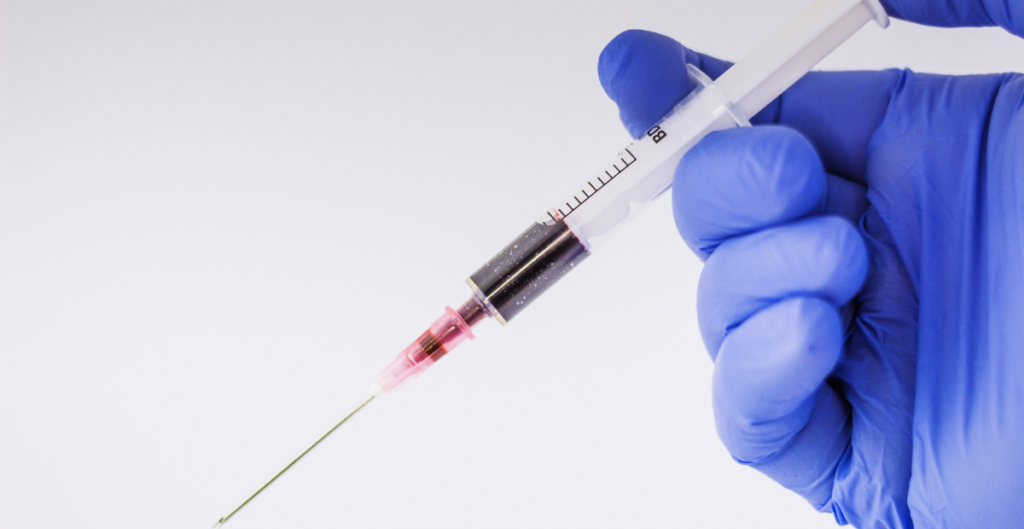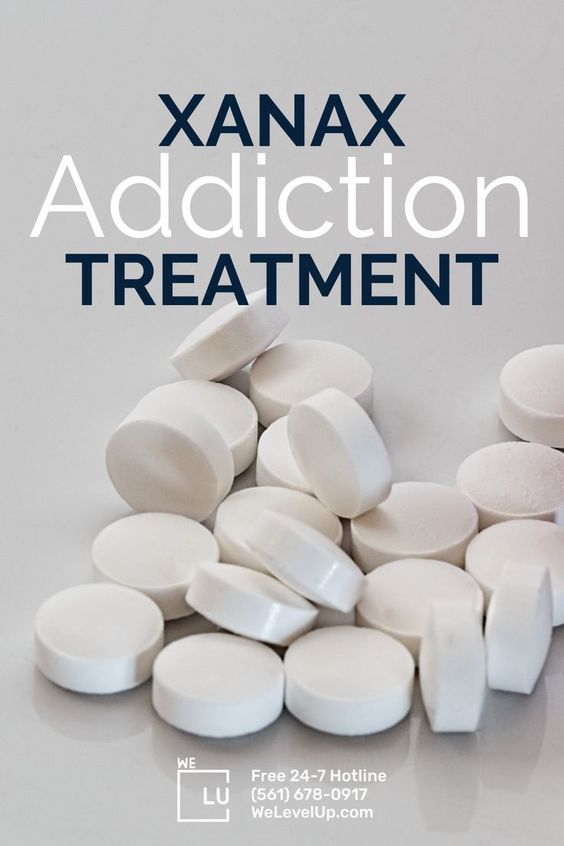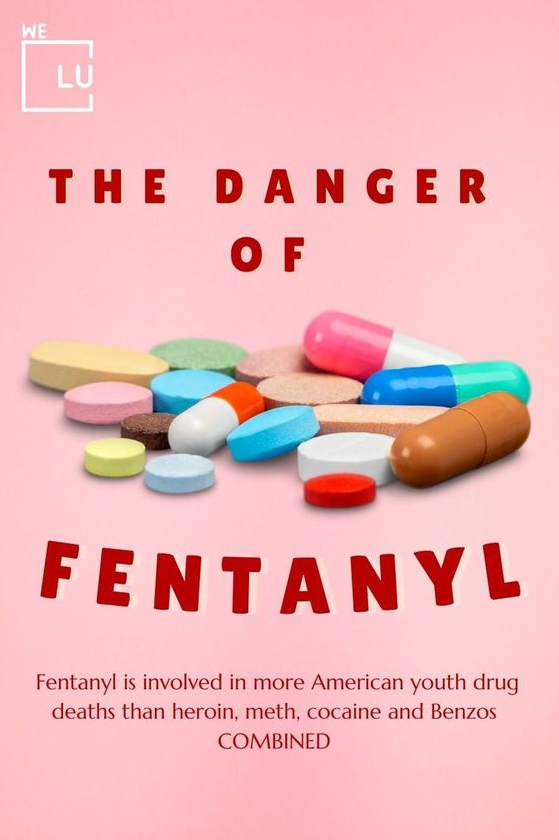What Is Methadone?
Methadone is a long-acting synthetic opioid pain killer that is often used to relieve severe pain for someone expected to need pain medication around the clock for a long time and cannot be treated with other medicines [1]. This drug is also used to prevent opioid withdrawal symptoms in individuals addicted to opiate drugs and are enrolled in addiction treatment programs to stop using or continue not using the drugs.
Methadone is in a class of medications called opiate (narcotic) analgesics. It works to treat pain by changing the way the brain and nervous system respond to pain. Methadone works to treat people addicted to opiate drugs by producing similar effects and preventing withdrawal symptoms in people who have stopped using these drugs. When taken as prescribed, this opioid pain killer can be very useful in treating heroin addiction, but it too can be addictive, as it is still an opiate [2].
Why Do People Abuse Methadone?
Methadone abuse causes physical dependency when taken daily for a long period of time. This means that you may have withdrawal symptoms if methadone is stopped abruptly. Talk to your provider before stopping methadone.
Methadone is a synthetic opioid agonist. This means it produces effects in the body in the same way as heroin, morphine, and other opioids. It is taken orally as a tablet or syrup. When an opioid-dependent person takes methadone, it relieves withdrawal symptoms and opioid cravings; at a maintenance dose, it does not induce euphoria.
How long does methadone stay in your system and the effects? The onset of effects occurs 30 minutes after swallowing and the peak methadone effects are felt approximately three hours after swallowing. At first, the half-life (the length of time for which effects are felt) of methadone is approximately 15 hours; however, with repeated dosing, the half-life extends to approximately 24 hours. It can take between 3 and 10 days for the amount of methadone in the patient’s system to stabilize. [3]

There are some side effects of methadone, including:
- Nausea and vomiting
- Constipation
- Dry mouth
- Increased perspiration
- Sexual dysfunction
- Menstrual irregularities in women
- Weight gain
How Long Does It Stay In Your Body?
There are a number of different factors on how long does methadone stay in your body. These include:
- Age
- How alkaline the urine is
- Interacting medicines
- Metabolism – methadone is metabolized through the liver so it will stay around for longer in people with liver disease
- Repeated dosing
- Weight
How long does methadone stay in your system? Methadone has a half-life of 8 to 59 hours in adults. Generally, it takes four to five half-lives for a drug to be totally eliminated from the body. In most healthy people, no trace of methadone would be found after 40 to 295 hours (5 to 12.3 days). Does methadone show up on a drug test? Most experts agree methadone is typically processed out of your system within two weeks; however, very specific drug tests may detect traces of the drug for longer. Some over-the-counter drugs, such as diphenhydramine, have reportedly shown false-positive results for methadone. [4]
Urine
Methadone may be detected in the methadone urine test up to ~72 hours after the last ingestion. The urine methadone screening test detects the presence of methadone at a concentration of 300 ng/mL or greater; the methadone metabolite(EDDP) may also be detected. Methadone Confirmation testing should be considered for positive screens.
Blood
Methadone can be detected in the blood within 30 minutes of last use and remain detectable for up to a few days. While blood tests are highly accurate, they are expensive, invasive, and have a relatively short detection window, so they are not commonly used to test for methadone.
Hair
Hair tests are best used to test for methadone use over time. Someone with a long-term habit of methadone use will have traces of methadone in their hair. How long does methadone stay in your system? For someone who has just started taking methadone, it can take up to a couple of weeks for methadone to appear in the hair.
Saliva
Saliva tests offer a convenient and non-invasive way to test for methadone use. Traces of methadone can be detected in saliva 30 minutes after ingestion and remain there for up to a few days following last use.
Drug Testing For Methadone
If you are legitimately taking methadone as part of an addiction recovery program, you cannot legally be terminated from employment if methadone does show up in your test results. Anybody recovering from drug or alcohol treatment that is undergoing medication-assisted treatment is covered by the Americans with Disabilities Act (ADA). The ADA is a civil rights law that prohibits discrimination against individuals with disabilities making sure they have the same rights and opportunities as everyone else. [5]
As part of your addiction program, your methadone use is usually monitored by your treatment center. Urine, saliva, hair, and blood tests have all been developed to test for the presence of methadone in the system.

- Urine tests: These are the preferred way to test for methadone use with a detection window of one hour to two weeks
- Saliva tests: Noninvasive, with a detection window of 30 minutes to a few days
- Hair tests: Detection window of two weeks to many months
- Blood tests: Detection window of 30 minutes to a few days. Expensive but highly accurate.
Will Methadone Show Up In A Drug Screening?
When patients are using methadone as part of their recovery treatment plan, they often ask whether or not having the drug in their system will make them test positive on a methadone drug test. While specific methadone drug tests do exist, the use of methadone does not typically show up on a standard urine drug test.
Addiction To Methadone
If you have been addicted to an opiate (narcotic drug such as heroin), and you are taking methadone to help you stop taking or continue not taking the drug, you must enroll in an addiction treatment program. The treatment program must be approved by the state and federal governments and must treat patients according to specific federal laws. You may have to take your medication at the treatment program facility under the supervision of the program staff. Ask your doctor or the treatment program staff if you have any questions about enrolling in the program or taking or getting your medication.
Detox & Treatment Options
Other medications may interact with methadone and cause heart conditions. How long does methadone stay in your system and its side effects? Even after the effects of methadone wear off, the medication’s active ingredients remain in the body for much longer. Unintentional drug overdose is possible if patients do not take methadone as prescribed.
The following tips can help achieve the best treatment results:
- Never use more than the amount prescribed, and always take at the times prescribed. If a dose is missed, or if it feels like it’s not working, do not take an extra dose of methadone
- Do not consume alcohol while taking methadone.
- Be careful driving or operating machinery on methadone.
- Call 911 if too much methadone is taken or if an overdose is suspected.
- Prevent children and pets from accidental Ingestion by storing it out of reach.
- Store methadone at room temperature and away from light.
- Do not shared your methadone with anyone even if they have similar symptoms or suffer from the same condition.
- Dispose of unused methadone safely. Talk to your MAT practitioner for guidance.
While Methadone is used as a way to curb addiction and reduce cravings, it is a heavily-regulated drug. It is so regulated that patients who have been prescribed Methadone in an outpatient setting have to go to a clinic every day to be administered their dose. It is a powerful Opiate with potentially addictive qualities.
People who start using Methadone to overcome their Heroin addiction are at a higher risk of abuse because they already have a history of Opioid dependency. Some addicts, in fact, prefer Methadone as their substance of choice. Any time someone uses more Methadone than they are prescribed, or uses it without a prescription, they are abusing the medication.

Methadone does not create the same euphoric effects as Heroin or Morphine because it is designed to do the opposite; the drug is formulated to block the pleasurable sensations of other Opiates. For example, suppose an individual who is being treated with Methadone attempts to get high by using Heroin. In that case, Methadone will block the euphoric effects of Heroin (and of all other Opioids). However, Methadone does have some euphoric effects. They are limited; however, they are also great enough that the National Highway Traffic Safety Administration has indicated that Methadone users aren’t “fit to drive” due to the side effects of Methadone.
Methadone withdrawal symptoms can be difficult to overcome alone. Fortunately, you don’t have to do it alone. If you’ve tried to quit in the past but ended up using methadone again, that’s a clear sign you need professional help. Our team at We Level Up TX specializes in creating an ideal environment and providing effective therapies for substance use disorder and withdrawal management.
If you or someone you love is struggling with substance use disorder and have concerns with how long does methadone stay in your system, contact us today here at We Level Up TX.
Sources:
[1] Opiate and Opioid Withdrawal – U.S. National Library of Medicine
NIH – https://medlineplus.gov/druginfo/meds/a682134.html
[2] NCBI – https://www.ncbi.nlm.nih.gov/books/NBK310658/
[3] Clinical Guidelines for Withdrawal Management and Treatment of Drug Dependence in Closed Settings. – National Center for Biotechnology Information, U.S. National Library of Medicine
[4-5] Does methadone show up on a drug test? – https://www.drugs.com/medical-answers/methadone-show-drug-test-3543776/





